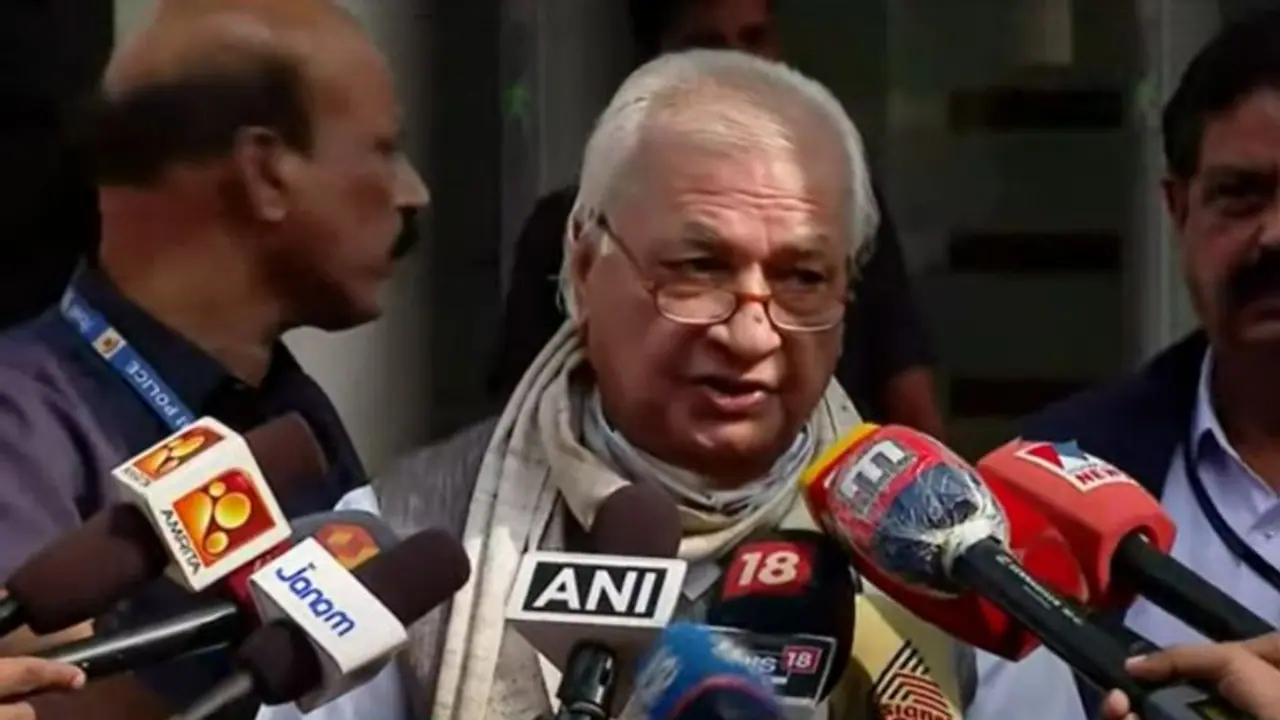The Supreme Court on Wednesday (Nov 29) criticised Kerala Governor Arif Mohammed Khan for withholding seven bills passed by the state Assembly. The top court also instructed the Governor to make a decision regarding the Assembly's approved financial bill.
New Delhi: The Supreme Court on Wednesday (Nov 29) lashed out at Kerala Governor Arif Mohammed Khan for withholding eight bills passed by the Kerala Assembly. The Governor was unable to provide adequate justification for the bills' delay, according to a bench led by Chief Justice D.Y. Chandrachud. The Governor was also instructed by the SC to make a decision regarding the Assembly's approved financial bill.

Also read: Kerala Governor Arif Mohammed Khan sends 7 bills to President ahead of Supreme Court hearing
The top court noted that there is no right to withhold bills and the Governor cannot override the right of governments. The SC also severely criticized what the Governor was doing for the last two years with the pending bills. There is no justification for withholding of bills.
The Supreme Court at the same time has clarified that it cannot interfere with the Governor's action of sending seven bills to the President for the time being.
Among the bills reserved for presidential assent are two University Amendment Bills, the Lok Ayukta Bill, University Bill 2022 (related to divesting the Governor of Chancellorship), the bill regarding the expansion of the University Search Committee, and the Cooperative (Milma) Bill.
The Supreme Court also observed that political wisdom is expected to prevail in the state. The Attorney General, appearing for the Governor, told the court that a decision could be taken on the finance bill. The apex court also directed the Chief Minister and the ministers who introduced the bill to meet with the Governor on the issue.
The Chief Justice also asked if there is any obstacle for the Chief Minister to go if invited by the Governor. The top court allowed the amendment to the state's petition.
